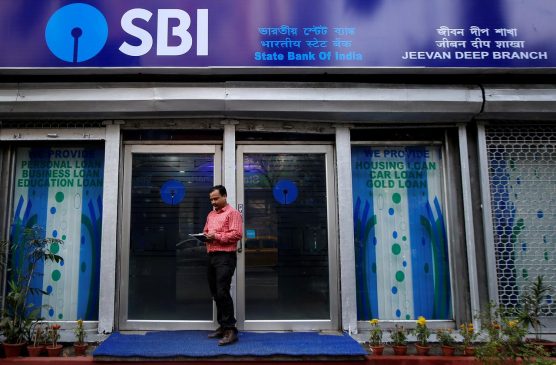Mumbai: State Bank of India (SBI), the country’s largest lender, has kicked off the new project funding regime with a loan clause that enables it to transfer to the borrower any increase in cost resulting from implementation of proposed tighter provisioning regulations, even as the industry is lobbying against the move, people with knowledge of the matter told ET.
A new clause in the lender’s loan document explicitly states that for any regulatory change that requires SBI to make higher provisions, the bank will pass on the cost to the borrower. This would give the bank the right to raise rates even after sanctioning a loan at a particular interest rate.
Early May, the Reserve Bank of India (RBI) issued comprehensive draft guidelines on financing and accounting of project loans. It proposed that banks set aside 5% as provisions on infrastructure and commercial real estate that are under construction, and this provision will come down gradually after the project is operational.
Read More: What are subprime personal loans and how to apply for them? MintGenie explains
SBI Makes Explicit Mention of Key Clause
Currently, banks provide 1% for commercial real estate loans, 0.75% for residential home projects, and 0.40% for all other loans, including project finance.
Banks, including SBI, and companies have approached the RBI to relax the proposed norms, which they say will dent corporate appetite to bid for infrastructure projects.
SBI, the third largest bank in terms of market capitalisation, will need to make an additional provision of Rs 9,000 crore if the RBI does not relax the draft norms on project finance, one of the persons cited above said. This is 28% higher than the current provisions – at about Rs 32,000 crore – made for accounts that are standard.
Most banks have a clause in the loan agreement that states they have the right to change the terms of the loans in line with the amendments in the regulations by the RBI. However, in rare instances, banks have exercised their right to revise interest rates mid-way through projects.
“Here, SBI is making an explicit mention of a clause that is directly related to the proposed guidelines,” said one of the persons cited above.
Done Deal Already?
The explicit mention of the clause even before the RBI issues the final guidelines implies that the bank does not expect any major relaxation in the norms from the regulator, the people said. Banks have been asked to give their suggestions before June 15, and the new guidelines will be effective – in a step-up manner – from the end of March 2025.
Read More: Reliable Monthly Income: Is This Post Office Scheme Better For You? Know Features Now
The bank has not sanctioned any new loans for projects under construction since the day the RBI issued draft norms, but it expects new demand for such loans from the third quarter.
The RBI’s decision to impose a 5% provision on existing and new loans partly ensures that banks have a buffer to help them overcome the risk of default, if any, during the construction period of a project.
Most banks have conveyed to the RBI that they will have limited ability to pass on the impact of the proposed increase in provisions due to the intense competition among lenders and pressure to maintain relationships with large corporates.
The RBI is concerned that banks are mispricing loans by charging the same interest rate during and after construction despite the fact that the risk is higher during construction. In most cases, after construction, most borrowers get their loans refinanced from other lenders.





































